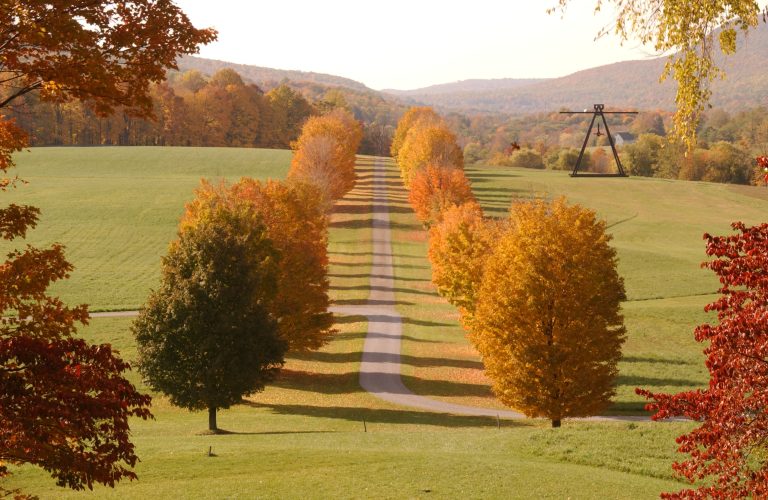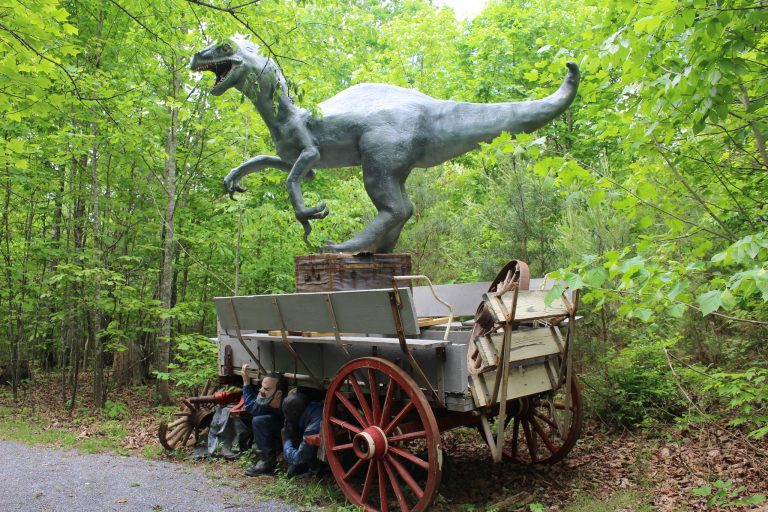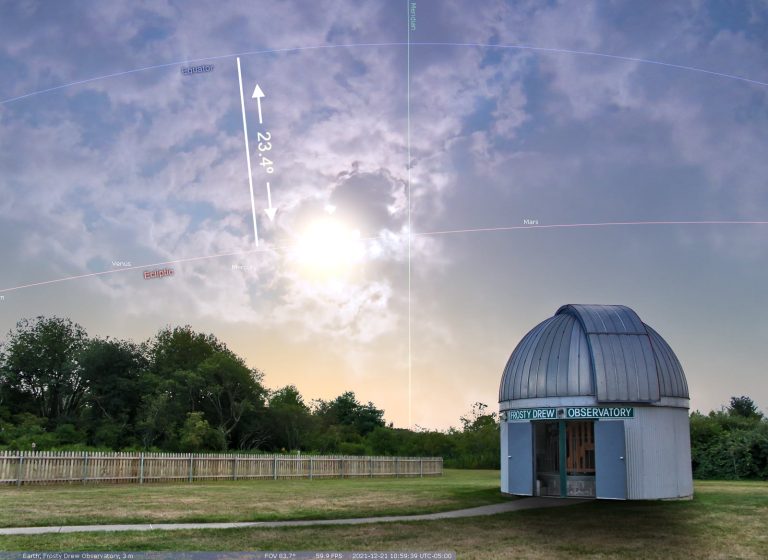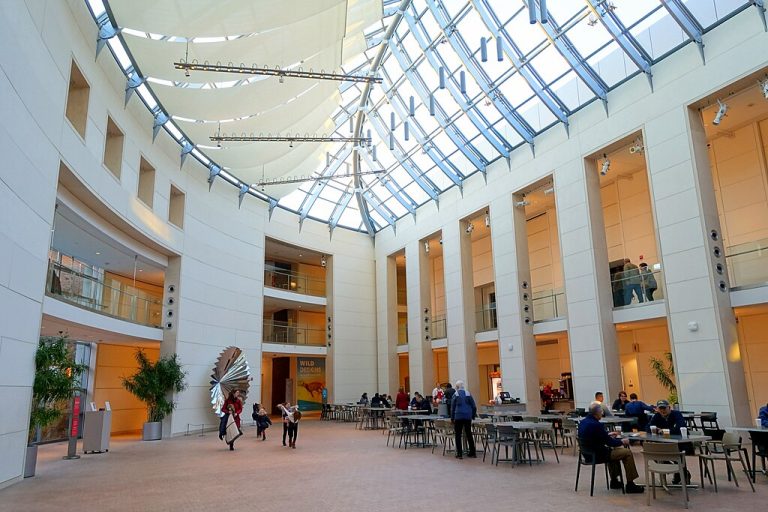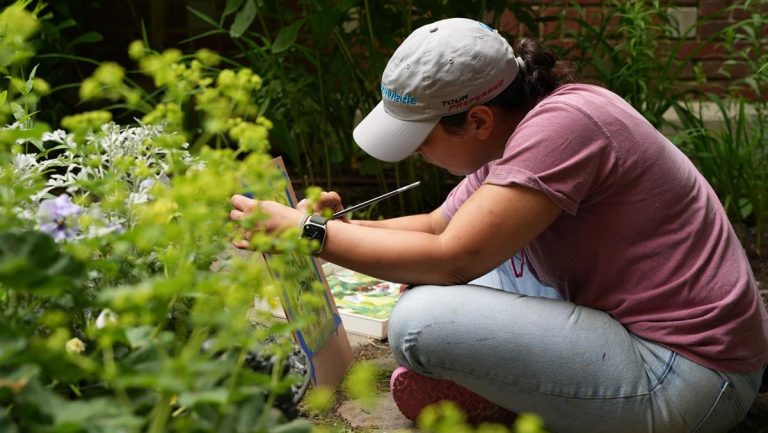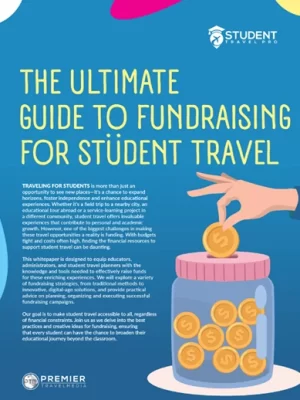Discover the top five sustainable parks in the United States that prioritize environmental conservation. Plan your eco-friendly travel with our guide to the best green parks in America.
Planning an educational trip for your students? Think about taking them to explore some of the most sustainable parks in the U.S. Across the country, there are national, state and city parks that strive to uphold eco-friendly practices while providing a space for people to gather and enjoy nature. Great care is put into these spaces, from ensuring that native wildlife can flourish and thrive to eliminating as many environmentally harmful practices as possible. Parks like these are an excellent way to teach students the importance of sustainability and protecting nature. Plan a trip to one of these sustainable travel destinations — national or otherwise — today!
Environmentally Friendly Tourism in Glacier National Park
Take your students to Montana to see one of the most beautiful sustainable parks in the U.S. and ascertain how they promote environmentally friendly tourism to student groups. Glacier National Park aspires to be a leader in addressing climate change, using solar arrays and hydropower to help supply the park’s electricity, replacing energy-wasting light bulbs with LEDs, and encouraging employees to bike to work or ride the employee shuttle. Though Montana has limited services for recyclable materials, Glacier is committed to recycling everything the local market will accept while constantly working on improvements to its own recycling program. This environmentally friendly tourism spot will educate students by highlighting the importance of living sustainably and how they can do so.
Learning opportunities for K-12 students
Glacier National Park’s ranger-led field trips are a great way to have your students engage in environmentally friendly tourism. The variety of program options covers topics from the general functioning of the park’s ecosystem to the effects climate change can inflict on the land. If your group attends one of these programs, you can apply for a travel grant to cover trip expenses. Self-guided field trips are always an option, and the park’s website has plenty of background information and lesson plans about Glacier’s ecosystem that teachers can utilize in class. They also provide resources for teachers to educate students about conserving and living sustainably back home.
How to keep the park green
If you want to ensure your group treats the park with respect, Glacier encourages visitors to adhere to these guidelines for environmentally friendly tourism:
- Recycle all paper products
- Recycle #1 plastic bottles
- Recycle aluminum cans
- Turn in bear spray cans to the park for proper recycling
- Utilizing reusable water bottles is key and they can be refilled at many convenient filling stations throughout the park
Discovery Green Park in Houston’s Sustainable Practices
Much smaller than its Montanan counterpart, Discovery Green Park in Houston, Texas, is 11.78 acres of vivid natural green space. The public urban park is full of verdant lawns, dog runs, tranquil lakes, eco-friendly art displays, playgrounds and sustainable buildings. Park managers follow through with organic gardening and landscaping methods, and there’s even an on-site recycling center. This spot will teach students how urban parks can join larger ones like Glacier in practicing sustainability. Visit their website for more examples of why Discovery Green is eco-friendly through its high-efficiency irrigation system and usage of solar panels!
Learning opportunities for K-12 students
Discovery Green welcomes student groups and field trips to take part in environmentally friendly tourism at no charge. Be sure to submit a group visit request form for groups with 20 or more students. Guided tours led by knowledgeable park staff are available for a small fee and highlight the park’s sustainability, educational programming, and vibrant arts and gardens. Once your group has finished exploring, the Lake House Cafe has field trip boxed lunches for a discounted price. For continued learning, Discovery Green’s website has downloadable activities like a sustainability-themed crossword puzzle, classroom discussion questions about green tendencies, and fun facts about all of the park’s environmentally-friendly efforts.
How to keep the park green
To make sure the park’s environmentally-friendly ways are upheld, Discovery Green asks its visitors to follow these guidelines:
- No glass containers
- No riding scooters or similar equipment
- Take note of the silver recycling containers adjacent to the trash containers all throughout the park
- Remember the park’s number one rule: have fun!
How is Denali National Park in Alaska one of the Top Sustainable Parks in the U.S.?
If your school can swing a trip to Alaska, then a visit to Denali National Park should be at the top of your list. They’re committed to being a green park by reducing energy and water consumption, creating eco-friendly buildings, and promoting educational courses on climate change. With 6 million acres for you and the students to explore and learn about wildlife and sustainable practices, this is one of the best sustainable parks in the U.S. for student field trips in grades kindergarten through 12.
Learning opportunities for K-12 students
Described as “a wild classroom,” Denali National Park provides environmentally friendly tourism year-round with learning opportunities for student groups. Like other national parks, ranger-led programs are a great opportunity for your students to better understand the park’s natural offerings and the significance of eco-friendly methods. These programs, many of which are open to a wide age range, can teach students about subjects like the park’s sub-arctic ecosystem and the ways in which human and natural forces affect Denali. Further, due to park scientists researching and documenting the impact of climate change on the region, rangers aim to include some of this more current information during their programs. Beyond your visit, Denali’s website has Junior Ranger activities and virtual distance learning that can educate students in pre-kindergarten through twelfth grade about various elements of the park.
How to keep the park green
To keep the area clean and healthy, Denali National Park hopes visiting students:
- Reduce, reuse, and recycle — with the Don’t Feed the Landfills Initiative putting greater emphasis on these practices, Denali has been able to significantly decrease its landfill dumps with the help of its patrons.
- Follow the rules and guidelines set by the online teacher checklist, which features all the information needed to organize a student trip to Denali and what should be expected of students before visiting.
Eden Park’s Sustainable Efforts
Cincinnati, Ohio, is home to idyllic Eden Park, 186 serene acres preserved with eco-friendly intentions. Since its conception, the park has been practicing sustainability, with a pilot solar and wind energy project that began in 2006. The goal is to demonstrate and showcase the effectiveness of using renewable energy to power city buildings. Students will note solar panels throughout—even solar garbage cans. They strive to preserve the best of the past and carry excellence to the future—it’s a great spot to educate students of all ages.
Learning opportunities for K-12 students
Students can admire and ponder how Eden Park preserves such an extensive ecosystem that readily supports environmentally friendly tourism while being so close to downtown Cincinnati. The Tom Jones Commons is an excellent showcase of these efforts, featuring numerous eco-conscious supplementations to the park. Its wetland areas support local wildlife like ducks and amphibians along with wetland plants like swamp milkweed and prairie dropseed, and its additions to the park’s diversity of tree species aid in decreasing noise and air pollution from the city. This area also houses a nature playscape, created to help kids connect with the natural world through a build that consists of all-natural materials and no hardware.
How to keep the park green
Student groups can stick to these guidelines to help Eden Park maintain its green practices:
- Avoid littering. This tip may seem obvious, but some days, the park staff picks up enough trash off the ground to fill 14 bags
- Find some inspiration from the park staff’s attitude: every day is Earth Day
- Leave the lakes undisturbed
- Refrain from interacting with or feeding wildlife
Sustainable Tourism in North Cascades National Park
Located in Seattle, Washington, this impressive sustainable park in the U.S. has created a green and great learning space for students. They’ll find eco-friendly lighting, solar energy, buildings made with recycled goods and so much more! This park has pursued environmentally friendly projects for years and aims to make a difference through its education and outreach efforts, waste reduction, energy use and electric transportation.
Learning opportunities for 3rd-5th grade students
For students in third, fourth and fifth grade, North Cascades has educational field trip offerings alongside environmentally friendly tourism opportunities. These programs dive into topics like the park’s habitat, geology and forest ecology, allowing students to gain in-depth knowledge about an ecosystem that so many dedicated people work hard to preserve. Fourth-grade teachers should check out the park’s website to learn how to get free passes for all of their students. Thanks to the Every Kid Outdoors program, any fourth grader can get a free annual pass. There’s also the Junior Ranger Program, which gives younger visitors a booklet of activities to help them learn about the park’s natural and cultural history as well as the impacts of climate change. The North Cascades Environmental Learning Center also hosts programs for all ages to learn more about the park.
How to keep the park green
In helping to maintain North Cascades National Park’s eco-friendly standards, students can give thought to:
- The principles of the national program Leave No Trace and other park regulations to keep human impacts on the land to a minimum
- The park’s fundamental notions that guide its green goals: recognizing connections, commemorating strides, and challenging each other
Updated by Ben Spielman October, 31, 2024



